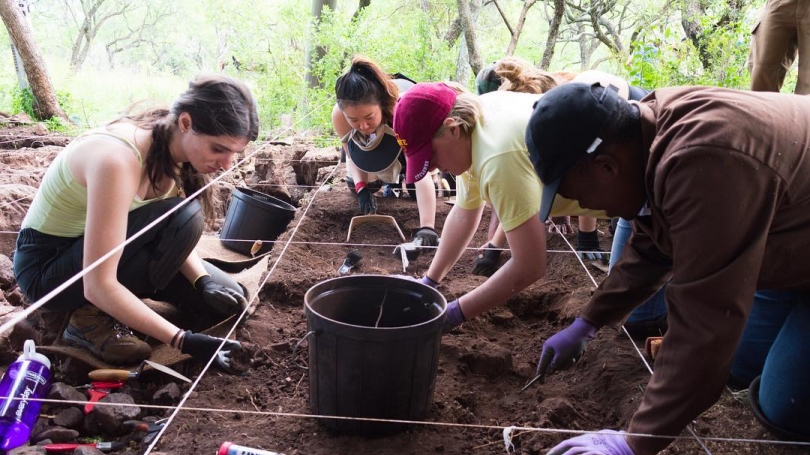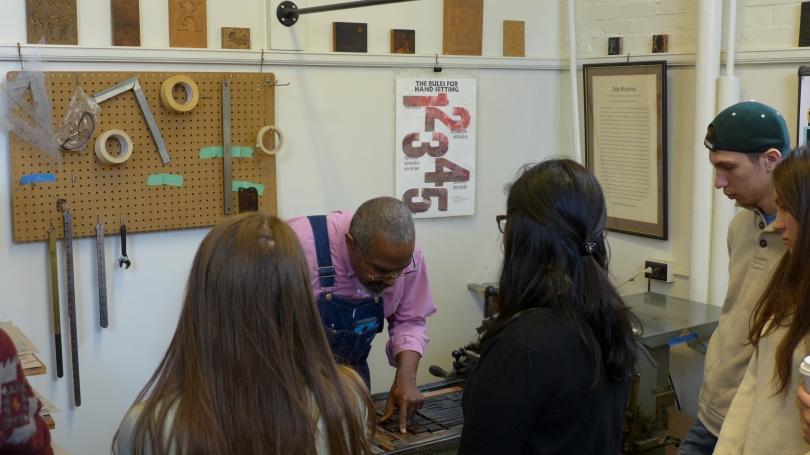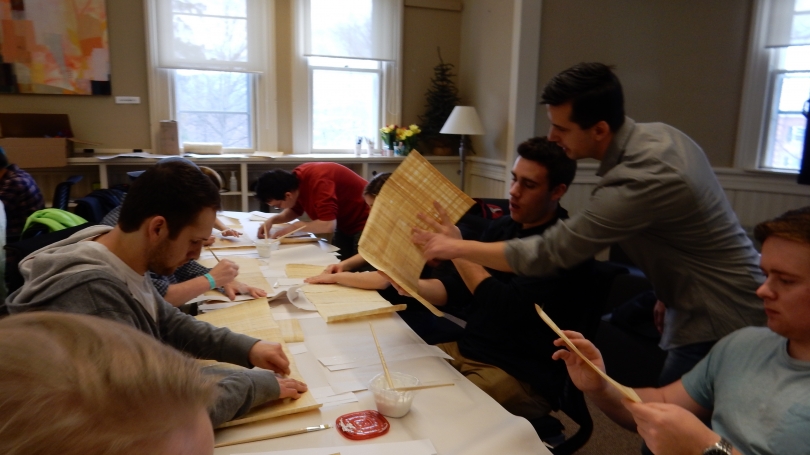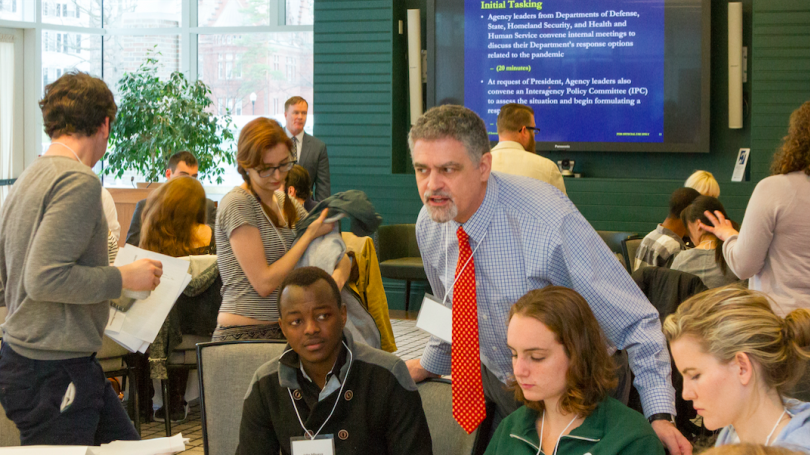DCAL is offering small one-time grants to support faculty in the development and implementation of experiential learning activities in current Dartmouth courses. Preference will be given for activities focused on community building and student interaction, and/or examining/addressing systemic racism. This grant program is funded by the Experiential Learning Initiative and the reinvestment of faculty professional development funds to support remote learning.
As a pedagogical approach, experiential learning requires students to actively and iteratively apply and reflect on the concepts, knowledge, and skills acquired in their course of study. It provides students with opportunities to confront the uncertainties, complexities, and challenges of bringing theory into praxis, and translating ideas into social application.
As the last two terms have demonstrated, it is possible to integrate effective experiential learning activities into courses delivered remotely. Recent grants have supported the purchase of materials for course projects, honoraria for guest speakers, and software subscriptions to enable collaborative work. Funds can be used for any material or activity needed to facilitate experiential learning opportunities that meet the criteria outlined below. .
Applications are accepted on a rolling basis, starting immediately, until funding is exhausted.
APPLY HERE
Preview application here (PDF).
Applications must address the criteria below.
CRITERIA
Applicant must be an instructor teaching an approved Dartmouth course in Winter and/or Spring term (2021).
The proposed augmentation of the course must satisfy DCAL's definition of experiential learning by including the following components:
-
Students intentionally engage intellectually, creatively, emotionally, or physically in a direct experience
-
Students have the opportunity to take initiative, make decisions, problem solve, and be accountable for the results
-
Students conceptualize and critically reflect on the experience
An experiential learning activity must be designed to promote student learning and development. Specifically, experiential learning at Dartmouth should demonstrate a positive impact on students' confidence and abilities to:
-
Innovate, take risks, and learn from failure
-
Work effectively with people from very different backgrounds, cultures, and life situations
-
Understand the importance of deep thinking and the power of the intellect to address the world's most difficult issues
-
Effectively communicate about complex issues and objectives
-
Apply multiple disciplines and perspectives to a complex problem or opportunity
For the benefit of dissemination to the Dartmouth community, applicants will share the story of their experiential learning activities in partnership with DCAL.
Proposals should detail a budget with a maximum award of $5,000.



